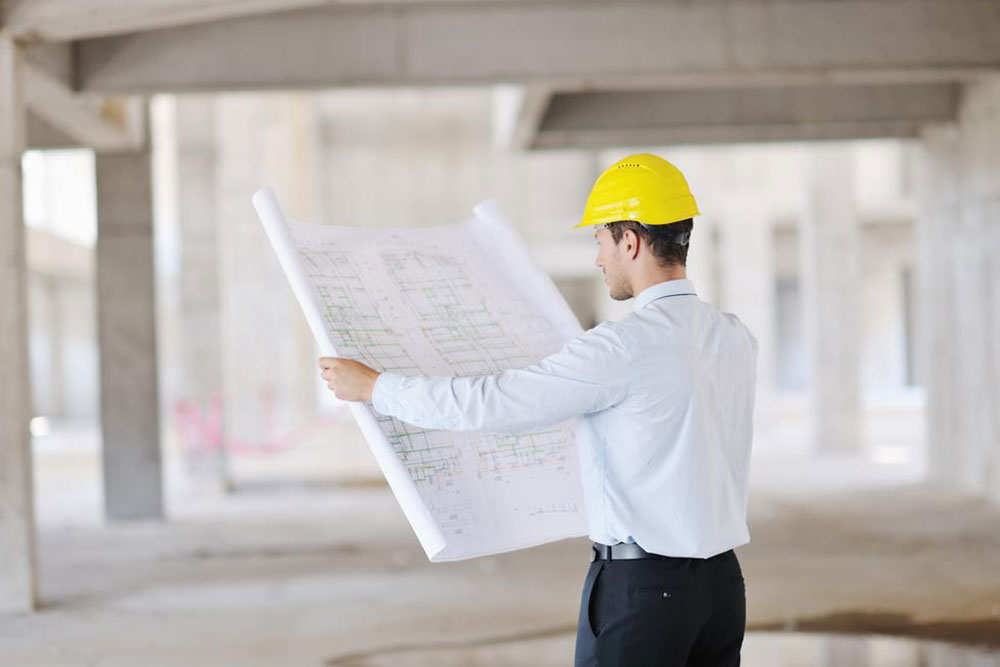Construction Career Opportunities in Japan: Insights and Challenges
Discover the dynamic construction industry in Japan, featuring job roles, demand factors, and opportunities for domestic and foreign workers. Learn about industry challenges and growth prospects in this vibrant sector, essential for Japan’s infrastructure development and urban renewal efforts. Perfect for job seekers and industry stakeholders aiming to understand Japan's construction landscape.

Construction Career Opportunities in Japan: Insights and Challenges
Japan, a country known for its cultural heritage and technological progress, has a vital construction sector that significantly supports its economy. Increased government investments in infrastructure, urban renewal projects, and preparations for events like the Tokyo Olympics (delayed to 2021) have fueled demand for construction professionals. This article explores the current landscape of construction jobs in Japan, highlighting key opportunities, potential obstacles, and essential insights for job seekers and industry players alike.
1. Overview of Japan's Construction Sector:
The construction industry is a fundamental part of Japan’s economic framework, covering everything from residential and commercial building projects to large infrastructure developments such as bridges, highways, and rail networks.
The sector continues to grow driven by urban expansion, aging infrastructure needing upgrades, and disaster resilience initiatives.
2. Various Construction Roles in Japan:
The industry offers diverse roles including:
Skilled Trades: Carpenters, electricians, plumbers, and masons performing hands-on construction work.
Technical Personnel: Surveyors, scaffolding experts, and machinery operators focused on technical tasks and safety.
Management Positions: Project managers, site supervisors, and safety officers managing timelines, workforce, and standards.
Design & Planning: Architects, civil engineers, and urban planners developing plans and ensuring structural safety.
3. Key Factors Driving Demand:
Several elements contribute to a high demand for construction workers in Japan:
Aging Infrastructure: Renovation or replacement of structures built decades ago is ongoing.
Urban Renewal: Cities are continuously modernized to cater to population and economic needs.
Natural Disaster Preparedness: Earthquake and typhoon resistance measures demand constant upgrades.
Major Events: Olympics and similar events temporarily boost construction activities for venues and facilities.
4. Opportunities for International Workers:
Japan’s demographic shifts have led to a shortage of domestic construction labor, opening doors for foreign professionals. Programs like the Technical Intern Training Program (TITP) and specific work visas enable overseas nationals to work and gain experience stateside.
Important Tips for Foreign Applicants:
Language Skills: Learning Japanese enhances communication and integration.
Cultural Understanding: Respect for punctuality, teamwork, and workplace norms is vital.
Legal Requirements: Proper visas and adherence to labor laws ensure a smooth employment process.
5. Industry Challenges:
Despite the promising prospects, Japan’s construction industry faces obstacles:
Workforce Decline: Aging workers and declining interest among young people create labor shortages.
Adapting to New Tech: Integrating AI, robotics, and digital tools in construction requires significant training and investment.
Worker Safety & Wellbeing: Maintaining safety standards and addressing physical and mental health are ongoing concerns.
The Japanese construction sector offers abundant opportunities for both local and international workers, driven by infrastructure modernization and urban development needs. While challenges like workforce shortages and technological integration exist, a focus on skilled labor, safety, and innovation promotes industry stability and growth. Understanding the landscape and leveraging available opportunities can lead to rewarding careers in Japan's construction field. The country's commitment to resilient, future-ready infrastructure makes it an appealing destination for construction professionals worldwide.










